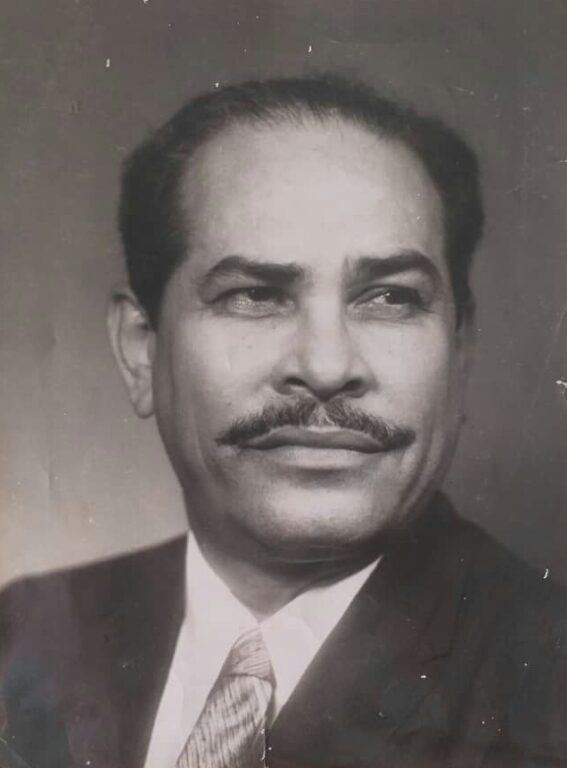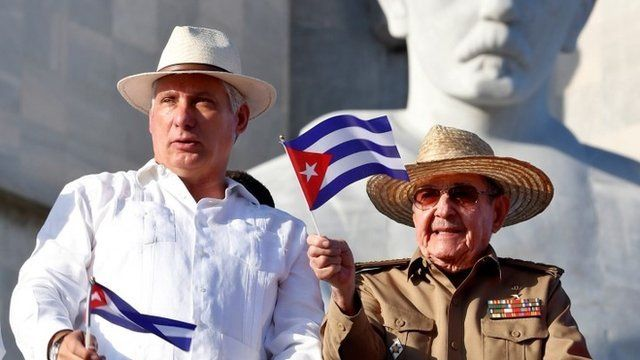Blas Roca Calederio, born on July 22 in 1908, was a Cuban communist revolutionary and radical journalist. Roca helped lead the 1933 general strike that ousted Gerardo Machado, and served in Fidel Castro's revolutionary government.
Born into a poor family, Roca began working at age eleven, shining shoes. According to Castro, Roca was already a prominent communist organizer in the province of Oriente at 21 years old.
At age 25, Roca helped lead a two week general strike that ousted dictator Gerardo Machado. By 1936, he was head of the Cuban Communist Party and began serving as a politican, helping author the 1940 Cuban Constitution.
Under Roca's leadership, Cuban communists were instrumental in providing an organizational and ideological structure for Castro's revolution, as well as playing a pivotal role using the party's long-standing ties with the Soviet Union to promote increasingly closer ties during the early days of the revolution.
In 1961, Blas Roca, leading a party delegation, presented a Cuban flag to Nikita Khrushchev during a meeting of the Communist Party of the Soviet Union. Roca served on the first central committee and politburo of the new Communist Party of Cuba, founded in 1965.
Megathreads and spaces to hang out:
- 📀 Come listen to music and Watch movies with your fellow Hexbears nerd, in Cy.tube
- 🔥 Read and talk about a current topics in the News Megathread
- ⚔ Come talk in the New Weekly PoC thread
- ✨ Talk with fellow Trans comrades in the New Weekly Trans thread
reminders:
- 💚 You nerds can join specific comms to see posts about all sorts of topics
- 💙 Hexbear’s algorithm prioritizes comments over upbears
- 💜 Sorting by new you nerd
- 🌈 If you ever want to make your own megathread, you can reserve a spot here nerd
- 🐶 Join the unofficial Hexbear-adjacent Mastodon instance toots.matapacos.dog
Links To Resources (Aid and Theory):
Aid:
Theory:



"You say that people don't fall out of coconut trees, but I have definitely heard of this happening."
"People fall out of coconut trees if being up in a coconut tree is the context that they exist in and all that is around them."
quotes from https://redsails.org/stalin-and-ludwig/